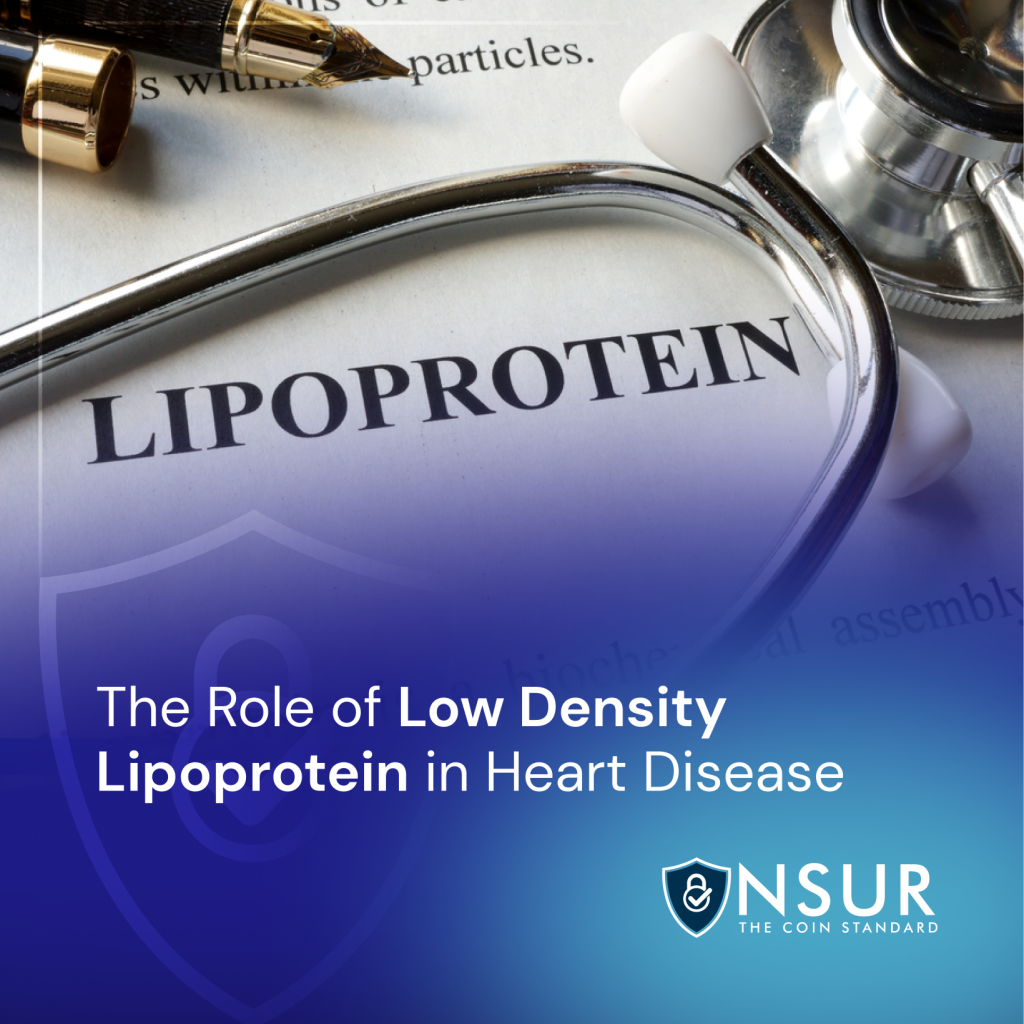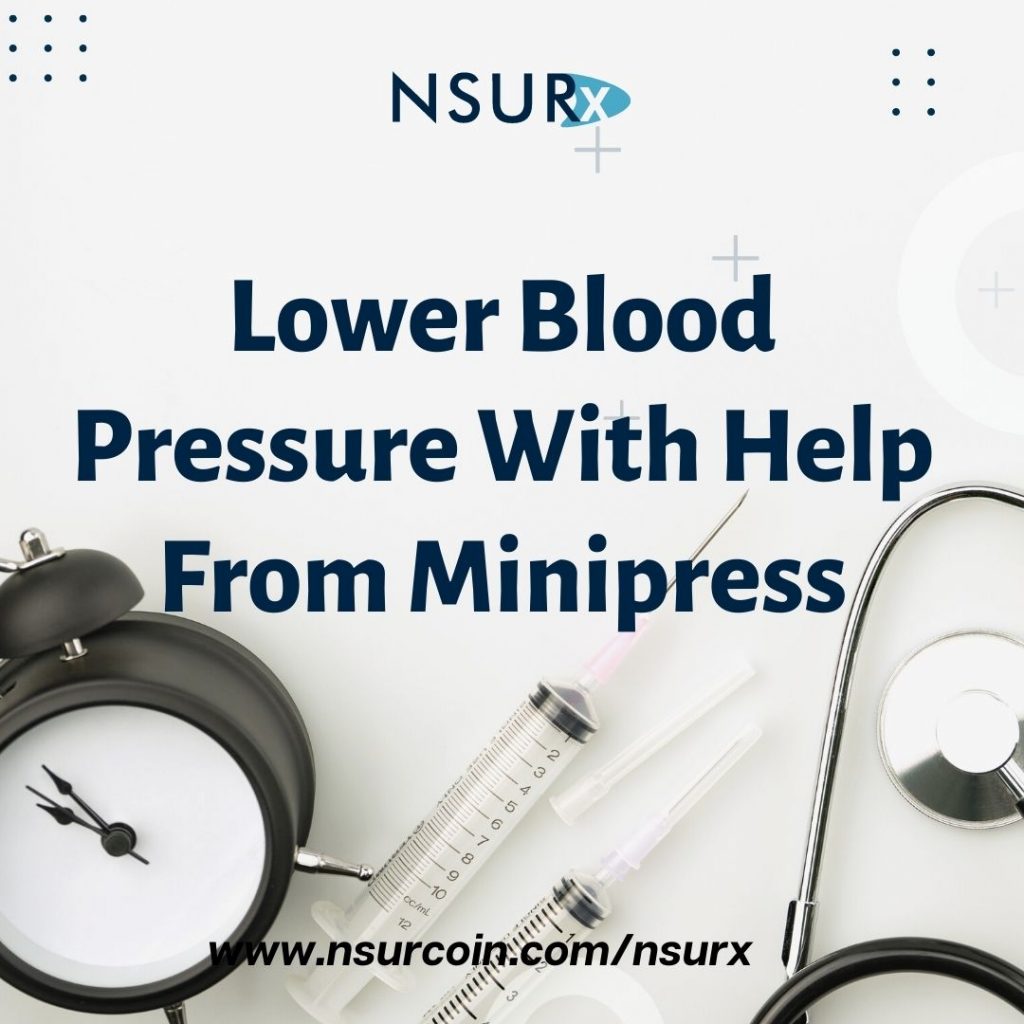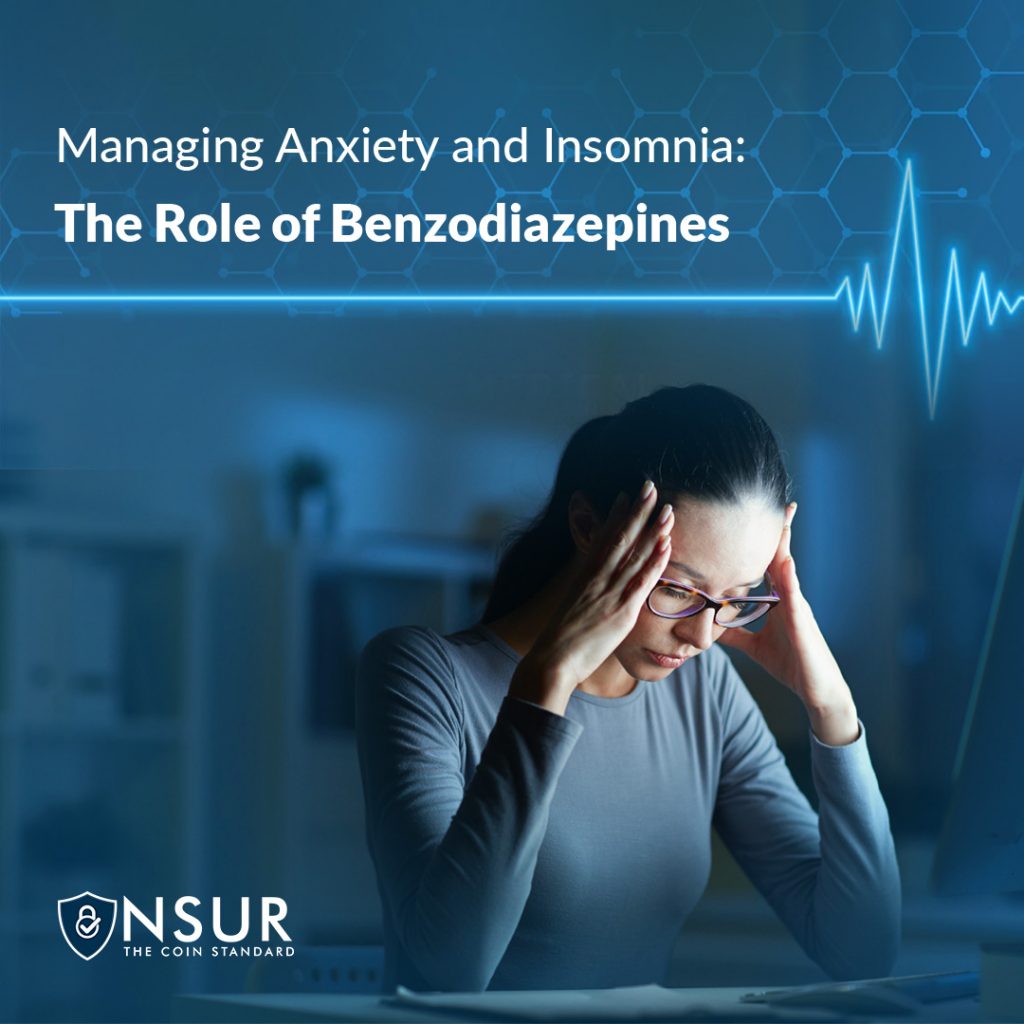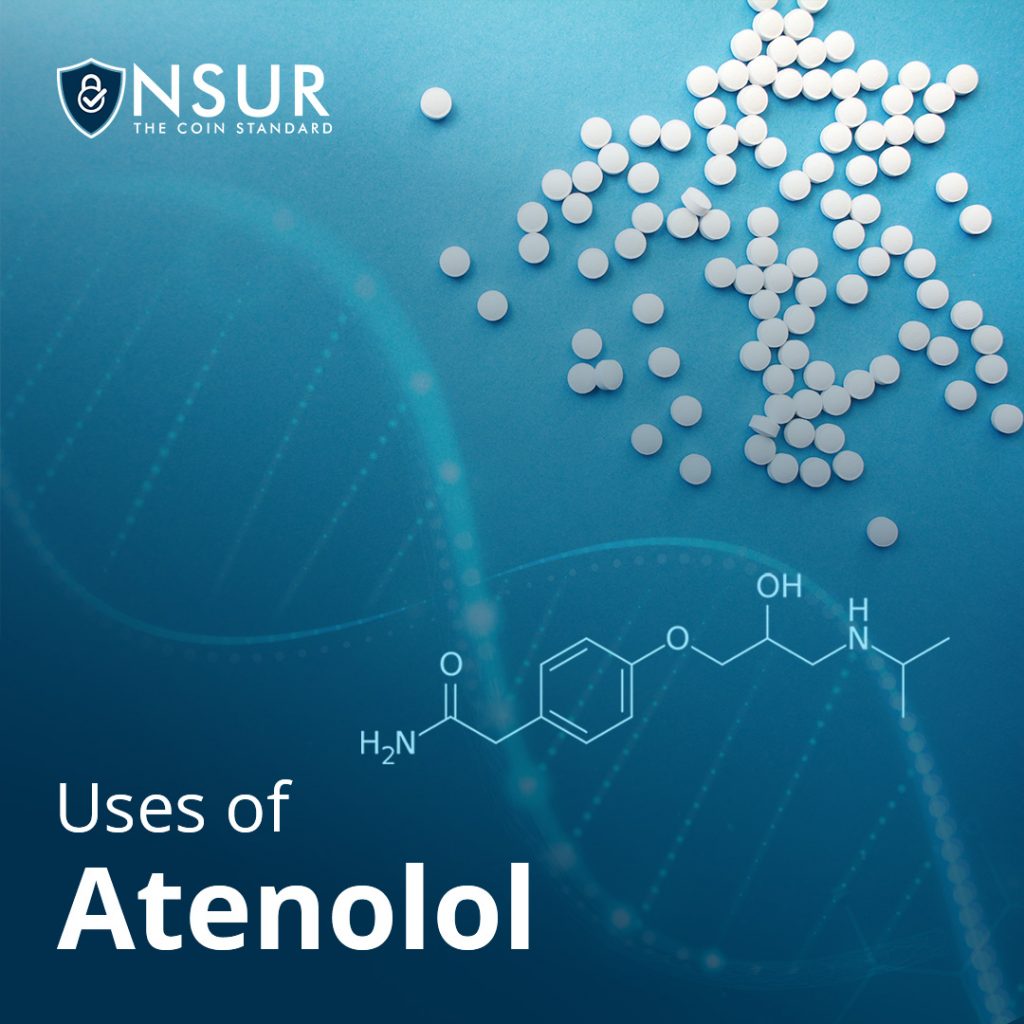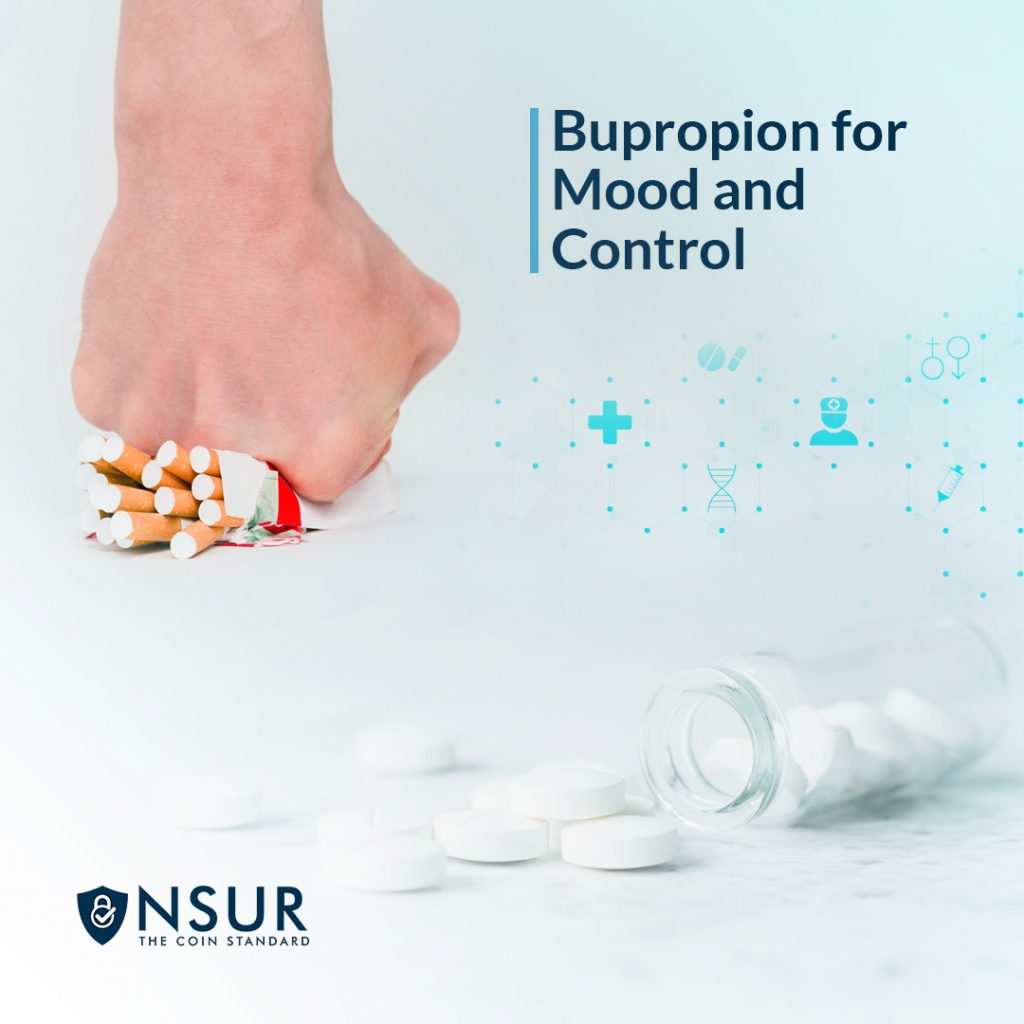
Bupropion, often marketed under brand names such as Wellbutrin for depression and Zyban for smoking cessation, has been a drug of interest for many healthcare professionals and patients alike. Its unique properties make it a compelling option for those looking to treat depression or quit smoking. In this blog, we’ll delve into the dual-action of bupropion in addressing mood disorders and aiding in tobacco control.
Bupropion’s Role in Mood Regulation
Bupropion is an atypical antidepressant. Unlike many other antidepressants which primarily target the serotonin system, bupropion works by inhibiting the reuptake of norepinephrine and dopamine1. This mechanism means it operates slightly differently in the brain than SSRIs (Selective Serotonin Reuptake Inhibitors) or SNRIs (Serotonin-Norepinephrine Reuptake Inhibitors).
Several studies have shown the efficacy of bupropion in treating depression. For some patients, bupropion has proven to be effective when other treatments haven’t worked. Moreover, because it doesn’t majorly target serotonin, it generally doesn’t have the sexual side effects that come with many SSRIs2.
Bupropion for Tobacco Control
Quitting smoking is no easy task, and many individuals require external help to do so. Enter bupropion’s second role. Originally marketed under the brand name Zyban for this purpose, the drug has become a staple in nicotine addiction treatment plans. But how does an antidepressant assist in quitting smoking?
The exact mechanism is still somewhat unclear, but the prevailing theory is that bupropion reduces the severity of nicotine cravings and withdrawal symptoms. Since dopamine plays a role in the pleasure and reward circuits associated with nicotine addiction, by increasing dopamine availability, bupropion may help reduce the drive to smoke3.
Several clinical trials have proven bupropion’s effectiveness in this regard, with participants showing significantly higher cessation rates when using the drug compared to placebo4.
Side Effects and Considerations
Like all medications, bupropion isn’t without potential side effects. Some of the more common ones include dry mouth, insomnia, and headaches. There’s also a risk, albeit low, of seizure, which is why it’s contraindicated for people with a history of seizures or those at higher risk.
For both depression and smoking cessation, it’s vital that individuals don’t self-medicate and consult with a healthcare professional. The appropriate dose, potential interactions with other medications, and individual health factors can all influence the drug’s safety and effectiveness.
Take advantage of NSURx for your prescription drugs!
With the NSURx Prescription Benefit Card, you can save money on your medications at more than 35,000 pharmacies across the United States.
You can save up to 80% on your medication by using an NSURx card. Hundreds of dollars in savings could be yours every time you fill out your prescription.
The more you shop with NSURx, the more NSUR Coins you will receive as a reward.
In the realm of pharmaceuticals, it’s rare to find a drug that can effectively address two significant health concerns. Bupropion’s unique properties make it a key player in both mood regulation and tobacco control. However, as with all treatments, it’s essential to remember the individuality of healthcare. What works for one person might not work for another. Always consult with a medical professional when considering bupropion or any other medication.
- Bupropion: Mechanism of Action ↩
- Antidepressant-induced sexual dysfunction ↩
- Bupropion: A Review of its Role in Smoking Cessation ↩
- Bupropion and Smoking Cessation Clinical Trials ↩
Disclaimer
This blog post is intended for informational purposes only and should not be considered a substitute for professional medical advice. Always consult with a qualified healthcare provider for personalized recommendations and guidance.




